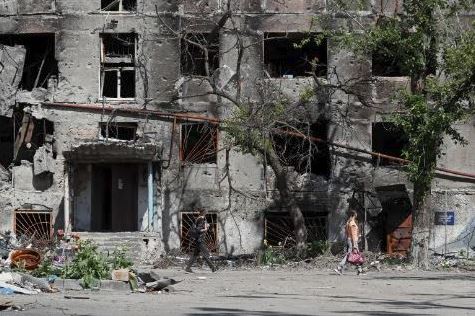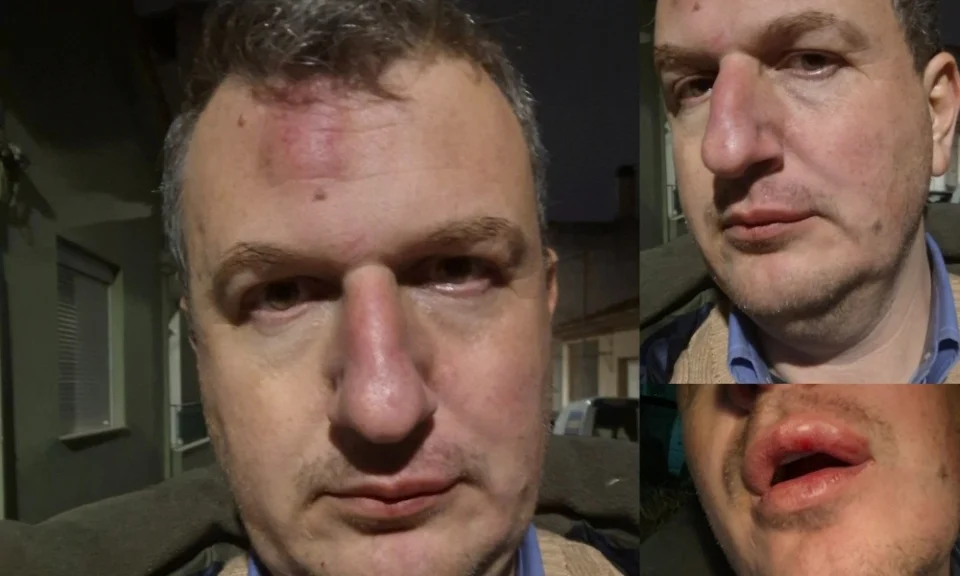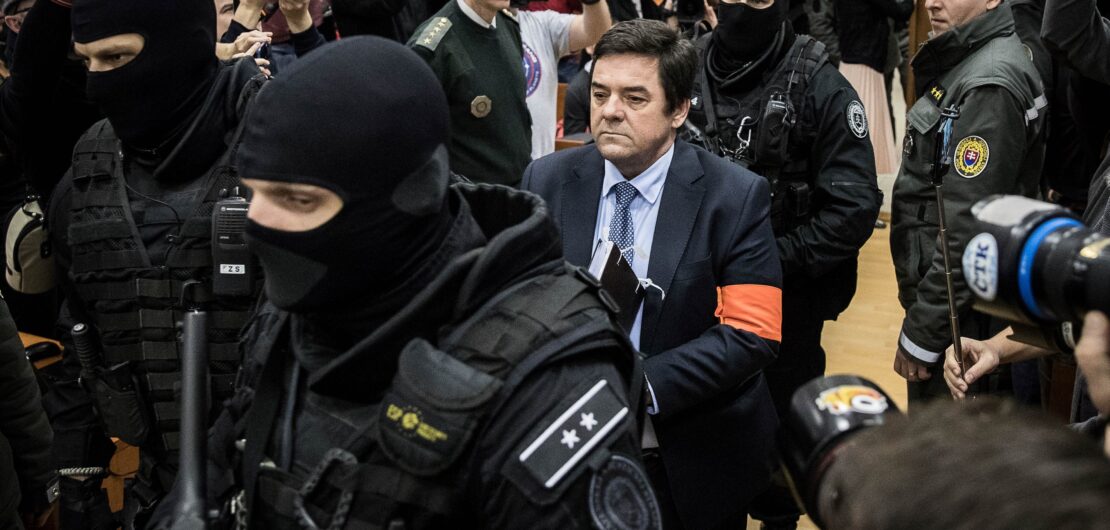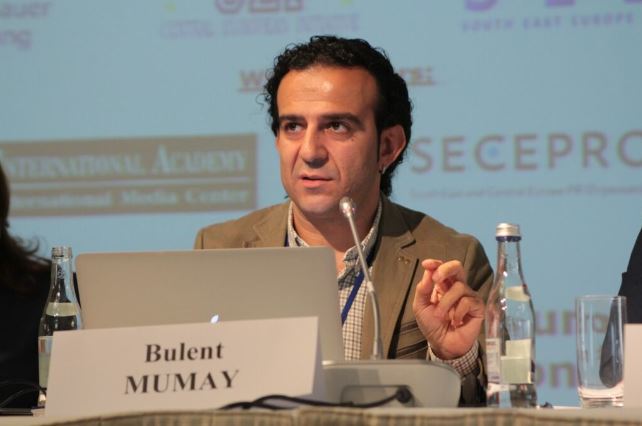
European Parliament Warns on Shrinking Media Freedom in Turkey
October 11, 2024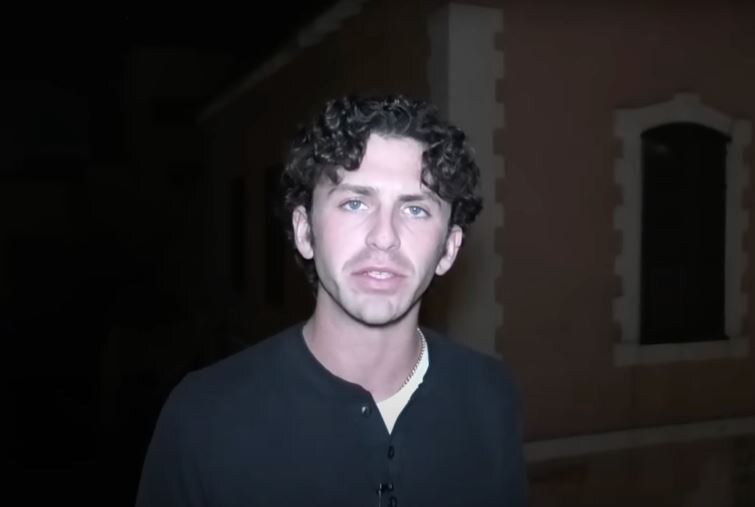
The Arrest of US Journalist Jeremy Loffredo by Israeli Forces
October 11, 2024October 11, 2024 – Ukraine/Russia –
27-year-old Ukrainian journalist Victoriia Roshchyna went missing after traveling to Russian-occupied eastern Ukraine for reporting. She last checked in on August 3, before vanishing while covering the occupied Zaporizhzhia region.. Her disappearance remained unexplained until April 2024, when Russia confirmed she was being held in detention, at one point in Taganrog’s notorious SIZO-2 prison.
Roshchyna, a freelancer for outlets including Ukrainska Pravda, Hromadske, and Radio Free Europe, was an award-winning journalist. She received the 2022 Courage in Journalism Award for her courageous reportage from Mariupol during its prolonged siege.
On October 10, 2024, Ukraine’s prisoner-of-war coordination headquarters confirmed Roshchyna died in Russian custody on September 19. RSF reported Russia notified her family via its Defence Ministry and urged a transparent investigation into her death.
Her remains were finally repatriated in February 2025 in a group of 757 bodies exchanged between Moscow and Kyiv. Initially misidentified as an unidentified male, DNA tests confirmed her identity . The autopsy revealed horrifying signs: extensive torture wounds—including abrasions, bruises, a broken rib, indications of electric shock, and neck trauma suggestive of strangulation. Key organs, including her brain, eyes, and part of her larynx, were missing—likely removed to conceal evidence of torture.
The Guardian’s investigative series revealed that Roshchyna had been detained across multiple facilities, where torture was routine. Her death—the first confirmed journalist fatality in Russian imprisonment—has prompted Ukraine’s Prosecutor General to investigate it as a potential war crime.
Roshchyna’s tragic death embodies the grave peril facing Ukrainian media workers. Human rights groups like HRW and RSF, and international press bodies, have condemned her treatment and pushed for accountability. Her case also forms part of the broader investigation known as “The Viktoriia Project,” which documents atrocities within Russia’s clandestine detention system, where thousands of Ukrainian civilians—many journalists—are held incommunicado, tortured, and at high risk of death.
Her legacy is twofold: a testament to journalistic bravery in wartime and a stark warning about the weaponization of detention to target truth‑tellers. Victoriia Roshchyna’s death must catalyze urgent legal action under international humanitarian law to prevent future silencing of journalists in conflict.
Reference –

